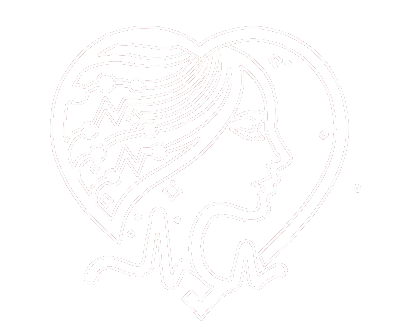

We have compiled a list of commonly asked questions related to various medical topics to provide you with quick and reliable information. Our goal is to address your queries.
Cardiovascular disease refers to a group of disorders affecting the heart and blood vessels. This includes conditions such as coronary artery disease, heart attack, heart failure, arrhythmias, and peripheral artery disease. Regular check-ups and early intervention are crucial in managing and preventing these conditions.
Symptoms of heart disease can vary depending on the type of condition. Common signs include:
If you experience any of these symptoms, it is essential to seek immediate medical attention.
To reduce your risk of heart disease, consider the following lifestyle changes:
A coronary angiogram is a diagnostic procedure used to visualize the blood vessels of the heart. During the procedure, a contrast dye is injected into the coronary arteries, and X-ray images are taken. This test helps detect blockages or narrowing of the arteries, which can lead to heart attacks or other cardiovascular issues.
Angioplasty, also known as percutaneous coronary intervention (PCI), is a minimally invasive procedure used to open narrowed or blocked coronary arteries. A balloon catheter is inserted into the artery and inflated to restore blood flow. In some cases, a stent (a small mesh tube) may be placed to keep the artery open.
Common signs of a heart attack include:
If you experience any of these symptoms, seek emergency medical attention immediately.
Heart failure treatment often involves a combination of lifestyle changes, medications, and sometimes medical devices. Treatment options may include:
Recovery times vary depending on the procedure and individual health conditions. For angioplasty, most patients can return home the same day or the following day. Recovery usually takes about 1-2 weeks. For more complex surgeries such as heart bypass or valve surgery, recovery may take 6-8 weeks. It’s important to follow your cardiologist’s guidance for a safe recovery.
A pacemaker is a small device implanted under the skin that helps regulate your heart rhythm. It is used for patients with irregular heartbeats (arrhythmias) who may experience symptoms like dizziness, fainting, or fatigue. The pacemaker sends electrical impulses to ensure the heart beats at a normal rate.
Cardiac rehabilitation is a medically supervised program that helps individuals recover after heart surgery, heart attack, or other cardiovascular events. It combines physical exercise, education on heart-healthy living, and counseling to help you return to daily activities and improve your heart health. It is recommended for most people recovering from significant heart conditions.
Pulmonary hypertension is a condition where the blood pressure in the arteries of the lungs becomes too high, putting strain on the right side of the heart. Treatment options include:
If you have risk factors for heart disease such as high blood pressure, high cholesterol, diabetes, or a family history of heart disease, it’s essential to take proactive steps. Regular check-ups, lifestyle changes (such as diet and exercise), and medications can help manage these risks and prevent cardiovascular issues.
Booking an appointment with Dr. Akshat Jain is easy. You can call our clinic at 9893902908, fill out the online contact form, or schedule an appointment via our patient portal. We offer flexible timings and are committed to providing personalized care for all our patients.
Yes, we offer emergency services for heart-related issues. If you are experiencing symptoms of a heart attack or other cardiovascular emergencies, please seek immediate medical attention by calling emergency services or visiting our Hospital.